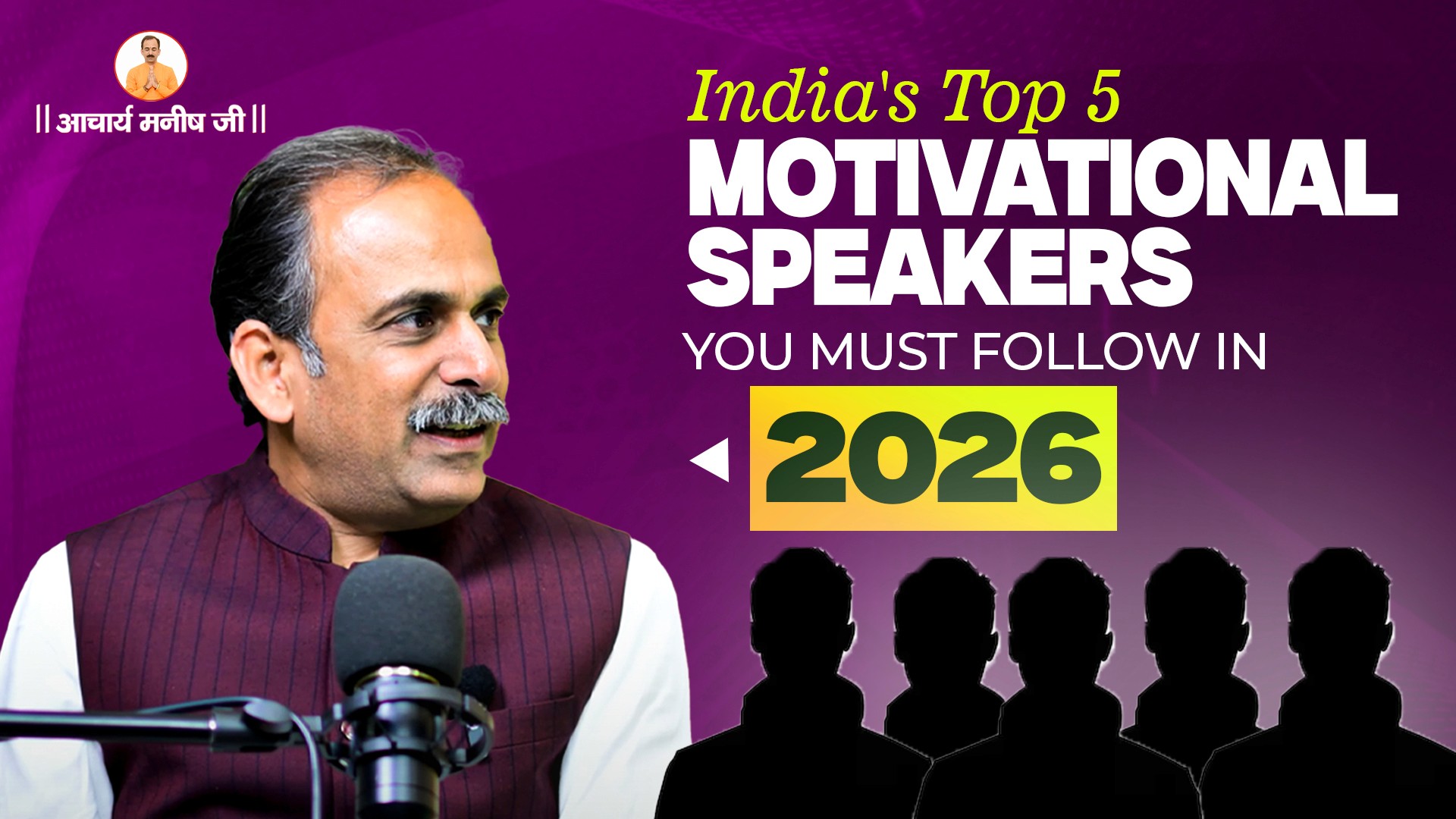Ayurvedic Benefits of Intermittent Fasting by Health Guru Acharya Manish Ji

The ancient practice of intermittent fasting, sometimes known as fasting, has made a major comeback in the field of modern health in recent years. Many people might not be aware, nevertheless, that Ayurveda was aware of the benefits of intermittent fasting hundreds of years ago. Acharya Manish Ji, a well-known holistic treatment expert and renowned health guru, highlights the ancient Ayurvedic knowledge and its applicability to modern lifestyle diseases.
Fasting: The Supreme Remedy in Ayurveda
"Langhanam Param Aushadham" (fasting is the ultimate remedy) is an Ayurvedic concept. For a lot of chronic diseases, it is the initial line of treatment. Fasting has long been promoted by Acharya Manish Ji as a preventative and therapeutic measure for a variety of diseases. His teachings are in line with traditional Ayurvedic writings that emphasise fasting as a means of balancing the three doshas (Pitta, Kapha, and Vata), igniting the digestive fire (Agni), and getting rid of poisons (Ama).
Modern Science Validates Ancient Wisdom
Yoshinori Ohsumi, a Japanese scientist, was awarded the Nobel Prize in 2016 for his discovery of autophagy, a biological mechanism by which the body rids itself of damaged cells while fasting. This important finding supports what Ayurveda has long known: the autophagy fasting benefits include improved immunity, cellular regeneration, and detoxification. The body heals and repairs itself while it is not busy breaking down food.
The benefits of intermittent fasting, both from a medical and therapeutic point of view, have been highlighted by this research confirmation. Acharya Manish Ji frequently emphasises this link, pointing out that we let the body concentrate on self-healing when we give the digestive system a vacation.
How Intermittent Fasting Aligns with Ayurveda
The intermittent fasting benefits through time-restricted eating are supported by Ayurveda.
It recommends eating your last meal of the day by dusk and avoiding breakfast. This is similar to the contemporary 16:8 technique, which consists of an 8-hour window for eating after 16 hours of fasting.
For instance, you give the body enough time to optimise metabolism, increase insulin sensitivity, and undergo autophagy if you eat dinner by 6 p.m. and your next meal at 10 a.m.
According to Acharya Manish Ji, these activities can even prevent heart disease and help reverse problems like diabetes, obesity, and high blood pressure. He believes that thousands of patients have benefited from only altering their dietary habits without the need for prescription drugs.
Benefits of Intermittent Fasting in Ayurveda:
The body breaks down food more effectively while you fast because it fortifies your digestive tract.
Eliminates toxins: It promotes internal cleansing by assisting the body in getting rid of accumulated impurities.
Aligns Doshas: The three body energies of Ayurveda, Vata, Pitta, and Kapha, are brought into balance by regular fasting.
Improves Mental Clarity: Fasting enhances focus, eases mental tension, and lessens brain fog.
Encourages Weight Loss Naturally: It promotes healthy weight loss by increasing metabolism and decreasing appetite.
Enhances Digestive Health: Inflammation is decreased, and gut flora are reset when the digestive tract is rested.
Reduces the Rate of Ageing: Fasting keeps your skin and organs young by lowering oxidative stress.
Intermittent Fasting for Organ Health
The benefits of intermittent fasting include better organ function. You can learn about the health of your heart:
For example, check your blood pressure in the morning and evening. A healthy heart usually has blood pressure that is 10–20% lower at night than it is in the morning. Similar to this, kidney health can be tracked by comparing the amount of urine produced during the day and at night; the former should be three times the latter.
Additionally, fasting promotes pancreatic health, which is essential for controlling blood sugar levels. As explained by Acharya Manish Ji, the pancreas receives the rest it requires to regenerate when eating is avoided after 6 p.m. Many diabetic people have been able to lessen or even completely stop using insulin and medicine as a result of this behaviour.
Circadian Rhythm and Fasting
The circadian rhythm, the body's internal clock, was recognised in a 2017 study that won another Nobel Prize. This biological rhythm has long been recognised by Ayurveda, which postulates that each organ has optimal operating periods. Eating in time with this cycle, ideally during the day, improves detoxification, nutrient absorption, and digestion. The secret to long-term wellness, according to Acharya Manish Ji, is keeping to these natural cycles.
Conclusion
The autophagy fasting benefits are becoming more widely acknowledged in science, which is a credit to Ayurveda's wisdom. The teachings of Acharya Manish Ji serve as a link between traditional wisdom and contemporary medical treatments. People can enhance their metabolic health, undergo natural detoxification, and even reverse chronic conditions by engaging in intermittent fasting.
The benefits of intermittent fasting, a potent, tried-and-true method with roots in both science and Ayurveda, should be welcomed if you're searching for a comprehensive and long-lasting route to wellness.
FAQ
Q. Is it safe for everyone to fast intermittently?
Ans. Even though many people benefit from intermittent fasting, it's advisable to speak with a healthcare professional, particularly if you have underlying medical concerns.
Q. Which window of time is best for intermittent fasting?
Ans. One popular approach is the 16:8 regimen, which follows Acharya Manish Ji's advice to fast for 16 hours and eat within an 8-hour window.
Q. What is the effect of intermittent fasting on heart health?
Ans. According to Ayurvedic principles, it lowers the risk of heart disease and helps control blood pressure.
Q. How does circadian rhythm affect the process of fasting?
Ans. Fasting following the body's circadian rhythm improves hormonal balance, detoxification, and digestion.
Q. Is it possible to lose weight through intermittent fasting?
Ans. By increasing fat metabolism and decreasing overeating, intermittent fasting helps people manage their weight.
Acharya Manish invites you to join him on this journey towards holistic wellness. Embrace the ancient wisdom of Ayurveda and Naturopathy, and be a part of a global community committed to natural health and well-being.
Join the Movement
1.5k+ Already Subscribed
Book An Appointment
Schedule online. It's easy fast and convenient



